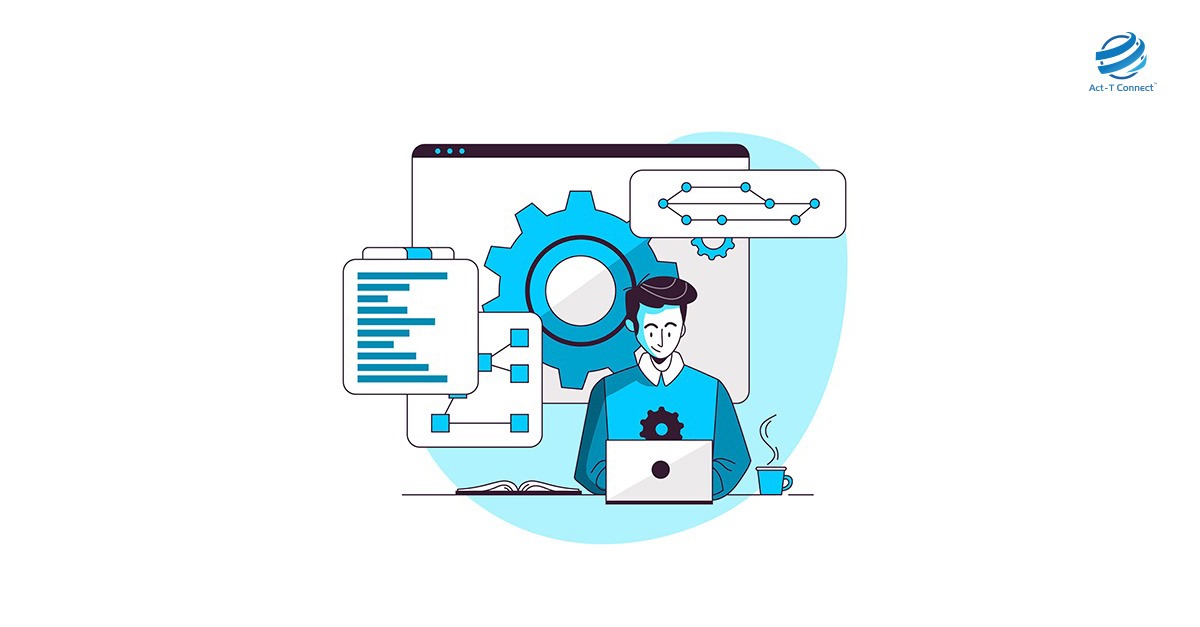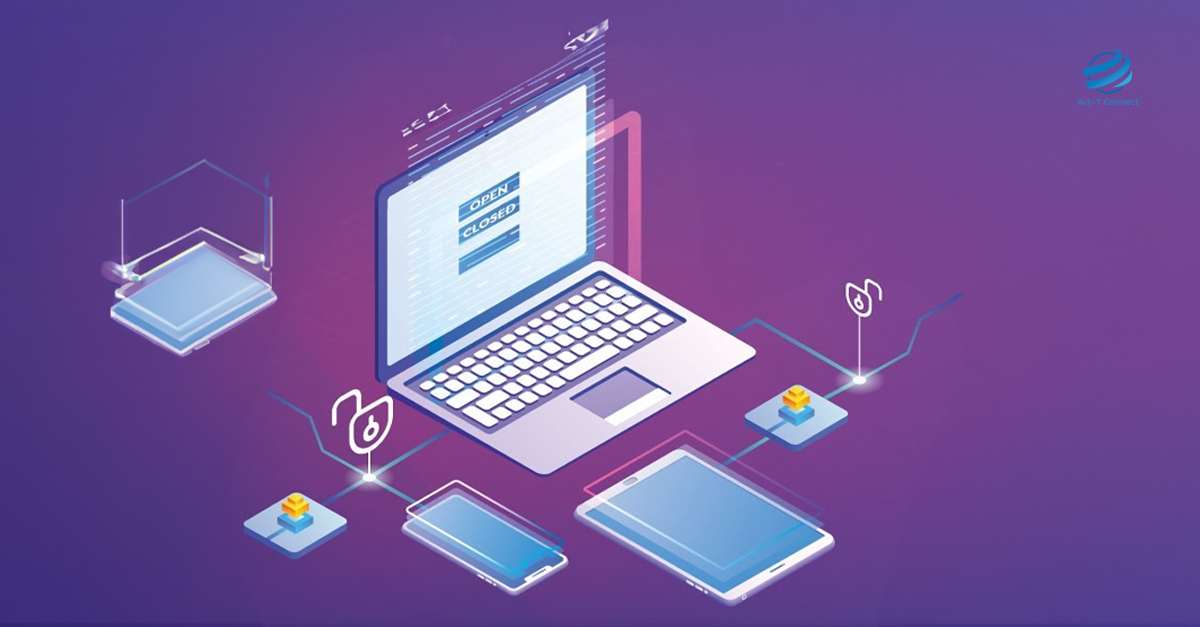
Enterprise
Resource Planning (ERP) software has been the foundation of effective business
operations for many years. However, cloud-based ERP is posing a serious threat
to the established on-premise approach. The move towards cloud usage is
accelerating as companies look for cost-effectiveness, scalability, and agility
more and more. However, as with any significant change, there are obstacles to
face in addition to great opportunities.
Advantages of ERP in the Cloud
- Economy of Cost: Get rid of costly hardware and IT infrastructure purchases. More affordability is offered by pay-as-you-go subscription models, particularly for smaller enterprises.
- Flexibility and Scalability: Your ERP system is easily adaptable to meet evolving business needs and business growth. No more expensive upgrades or infrastructure-imposed constraints.
- Mobility and Accessibility: Use any device, anywhere, at any time, to access
your ERP system. Give remote workers more authority and improve teamwork with
real-time data visibility.
- Automatic Updates and Security: Take advantage of automatic security fixes and upgrades on a regular basis. Strong security measures are heavily invested in by cloud providers.
- Simplified IT Management: By outsourcing server maintenance and software updates, you can free up your IT staff to concentrate on strategic objectives.
Cloud-Based ERP's Limitations
- Data confidentiality and security: Strict vendor selection and strong security
processes are necessary due to worries about data breaches and regulatory
compliance.
- Internet-Reliance: To access your ERP system, you must have reliable internet
connectivity. Operations in businesses may be impacted by outages or
disruptions.
- Vendor Lock-in: Pick a supplier with a solid track record and well-defined exit
tactics because changing suppliers can be difficult and expensive.
- Restrictions on Customization: When opposed to on-premises systems, cloud-based ERP solutions could provide less customization. Evaluate your unique requirements and select a platform that offers sufficient flexibility.
- Complexity of integration: Connecting cloud-based ERP to current systems can be
difficult. Verify compatibility and account for integration expenses.
Making the Right Move
When switching to cloud-based ERP, considerable thought must be given. Consider your technological know-how, financial constraints, and commercial needs. Make sure all parties are included in the decision-making process, do in-depth research, and evaluate various vendors.
ERP's Future is in the Cloud
The advantages of cloud-based ERP are indisputable, despite certain difficulties. Through strategic preparation and selection of an appropriate collaborator, cloud computing may be leveraged to optimize processes, obtain insightful data, and stimulate business expansion. As technology advances, cloud-based ERP is set to take the lead in the market by providing companies with the scalability and agility they require to succeed in the cutthroat environment.






